12 Prebiotic Foods You Never Knew Were Good For Your Gut
In recent years, the importance of gut health has surged to the forefront of nutritional science, and for good reason. The human gut, often referred to as the "second brain," plays a pivotal role in overall well-being, affecting everything from digestion to mental health. Central to maintaining a healthy gut is the balance of its microbiome—the diverse community of microorganisms residing within our digestive tract. Prebiotic foods, which serve as nourishment for beneficial gut bacteria, are crucial in fostering this balance. Unlike probiotics, which introduce live bacteria into the gut, prebiotics are non-digestible fibers that promote the growth of these beneficial bacteria already present. This article delves into the fascinating world of prebiotic foods, introducing you to some surprising options that can significantly enhance your gut health. By incorporating these 12 foods into your diet, you can take proactive steps towards a healthier, more balanced microbiome.
1. Chicory Root – The Unsung Hero

Chicory root is one of the most potent sources of prebiotics, yet it remains relatively unknown to many. This root is rich in inulin, a type of soluble fiber that serves as an excellent food source for gut bacteria. Inulin not only promotes the growth of beneficial bacteria but also aids in digestion and improves bowel function. Studies have shown that chicory root can help alleviate constipation and improve overall digestive health. Moreover, chicory root has been linked to improved calcium absorption, which is crucial for bone health. Its mild, nutty flavor makes it a versatile addition to various dishes, from salads to roasted vegetables. By incorporating chicory root into your diet, you can not only boost your gut health but also enjoy its numerous other health benefits.
2. The Versatility of Garlic
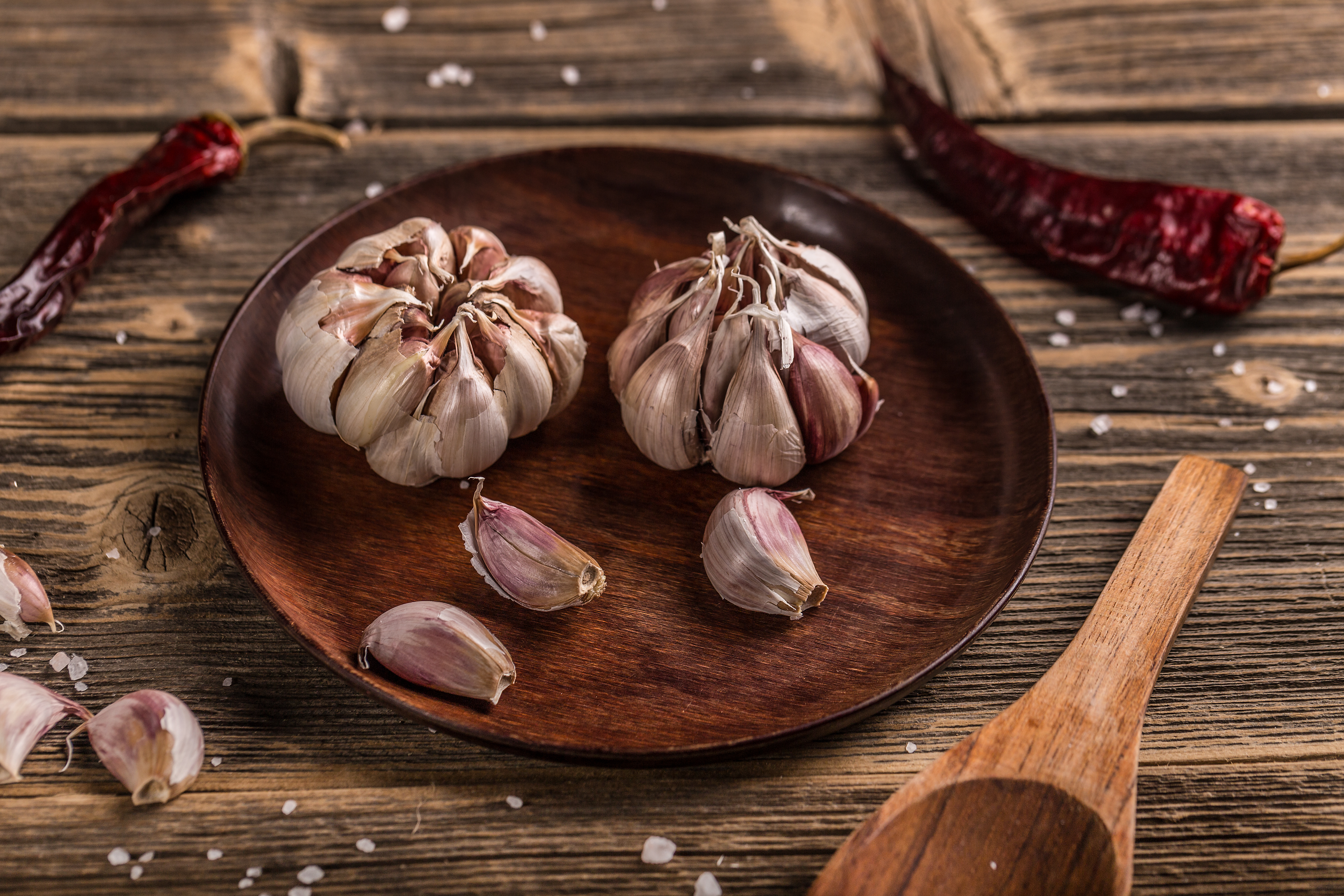
Garlic is not only a staple in kitchens worldwide but also a powerful prebiotic food. It contains fructooligosaccharides (FOS), a type of prebiotic fiber that promotes the growth of beneficial gut bacteria. Beyond its prebiotic properties, garlic is renowned for its anti-inflammatory and immune-boosting effects, making it a holistic addition to any diet. Regular consumption of garlic has been associated with a reduced risk of cardiovascular diseases, thanks to its ability to lower cholesterol and blood pressure. Its potent flavor enhances a wide array of dishes, from savory soups to hearty stews. By adding garlic to your meals, you can enjoy its myriad health benefits while supporting your gut microbiome.
3. The Power of Onions
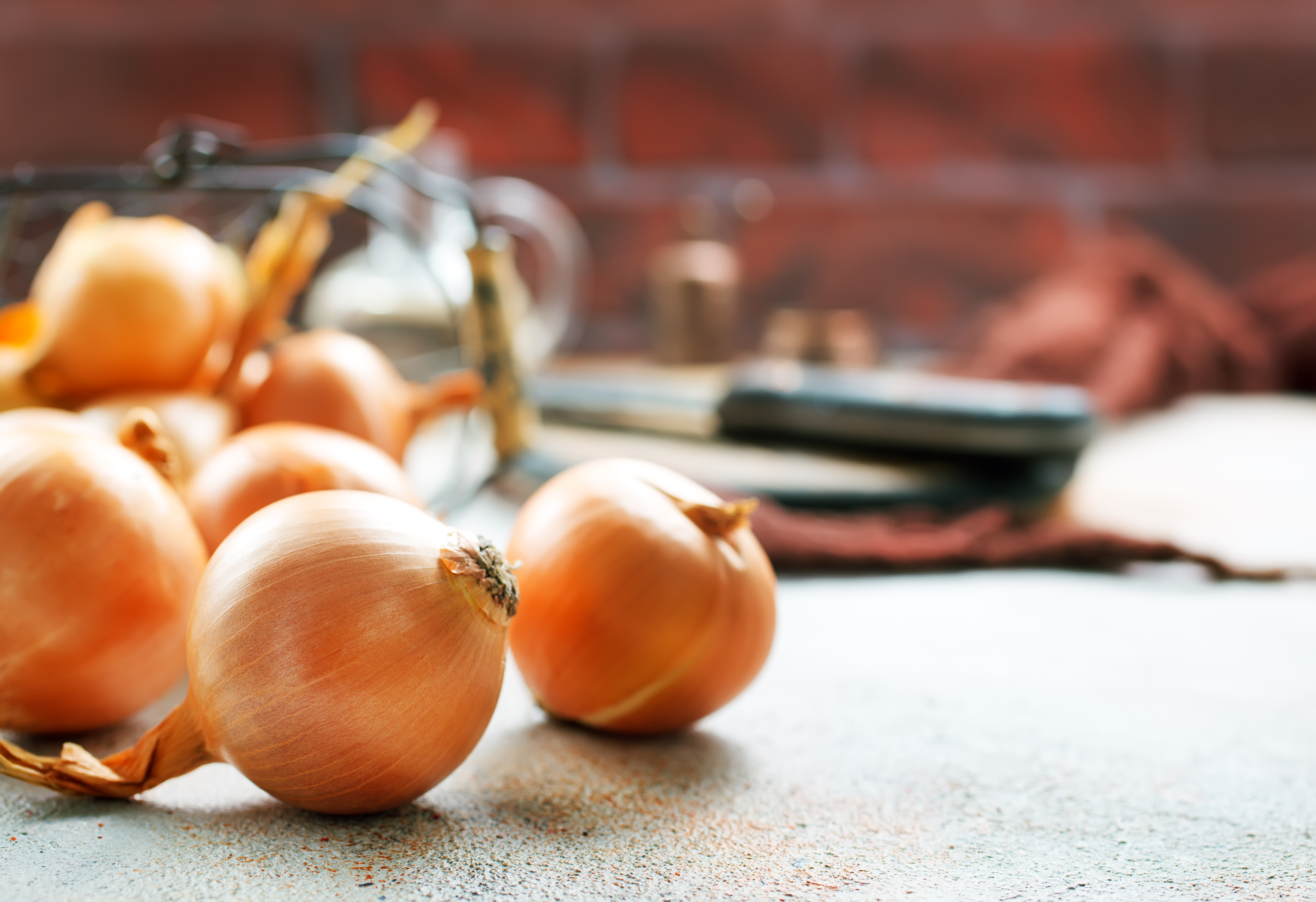
Onions, much like garlic, are a culinary staple with significant prebiotic potential. They are rich in inulin and FOS, which nourish beneficial gut bacteria and support digestive health. Onions also contain antioxidants, such as quercetin, which have anti-inflammatory properties and can protect against chronic diseases. Their versatility in cooking makes them an easy addition to any diet. Whether caramelized, sautéed, or raw, onions can enhance the flavor profile of countless dishes. By incorporating onions into your meals, you can support your gut health while benefiting from their wide range of nutrients and health-promoting properties.
4. The Sweet Surprise of Bananas
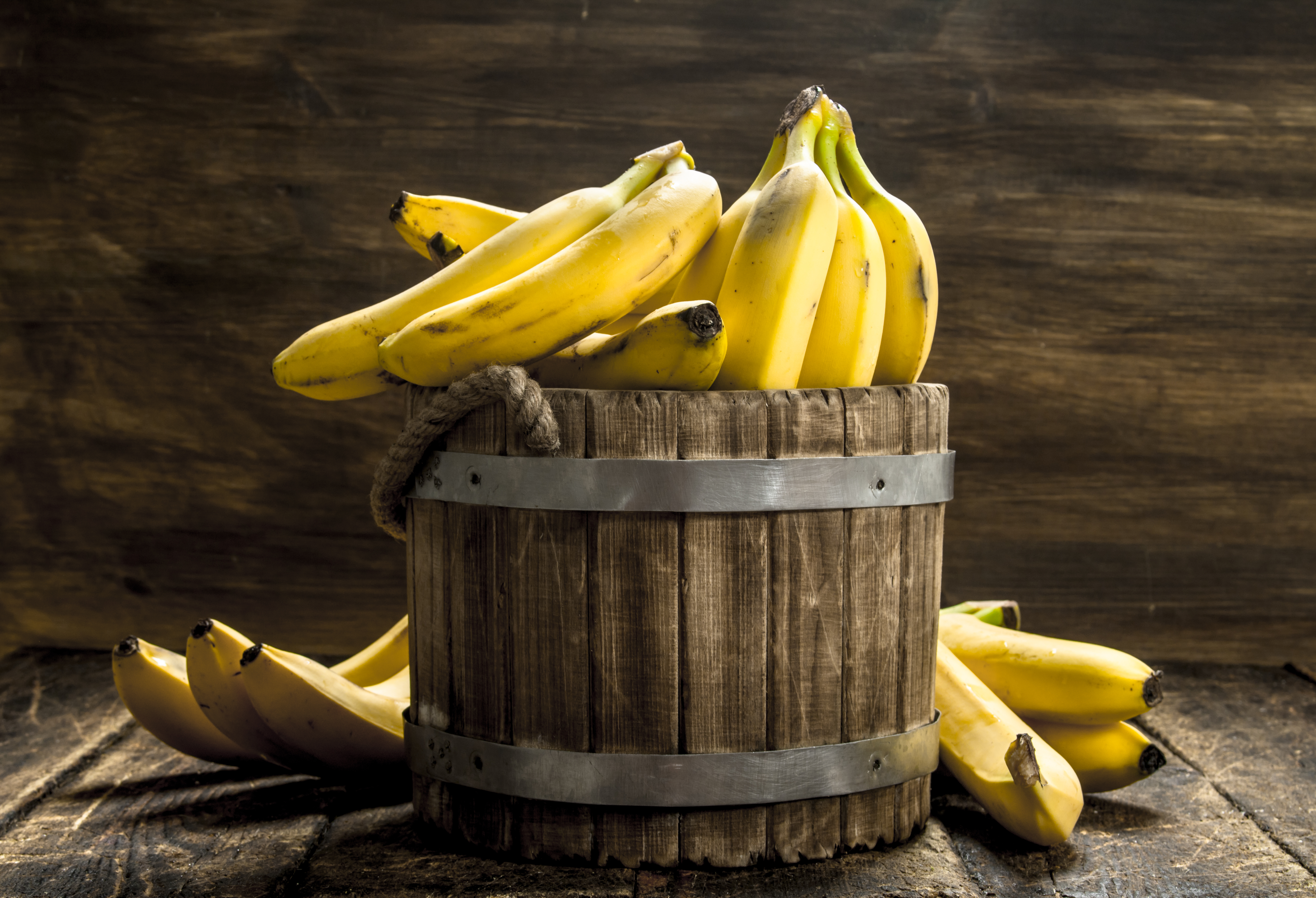
Bananas are a beloved fruit known for their potassium content, but they also have significant prebiotic properties. Unripe bananas, in particular, are rich in resistant starch, a type of fiber that acts as a prebiotic. Resistant starch escapes digestion in the small intestine and ferments in the colon, promoting the growth of beneficial bacteria. This process can lead to improved digestive health and enhanced nutrient absorption. Bananas are also a convenient, portable snack, making them an easy addition to any diet. By choosing slightly green bananas, you can maximize their prebiotic benefits while enjoying their natural sweetness.
5. The Lesser-Known Benefits of Asparagus
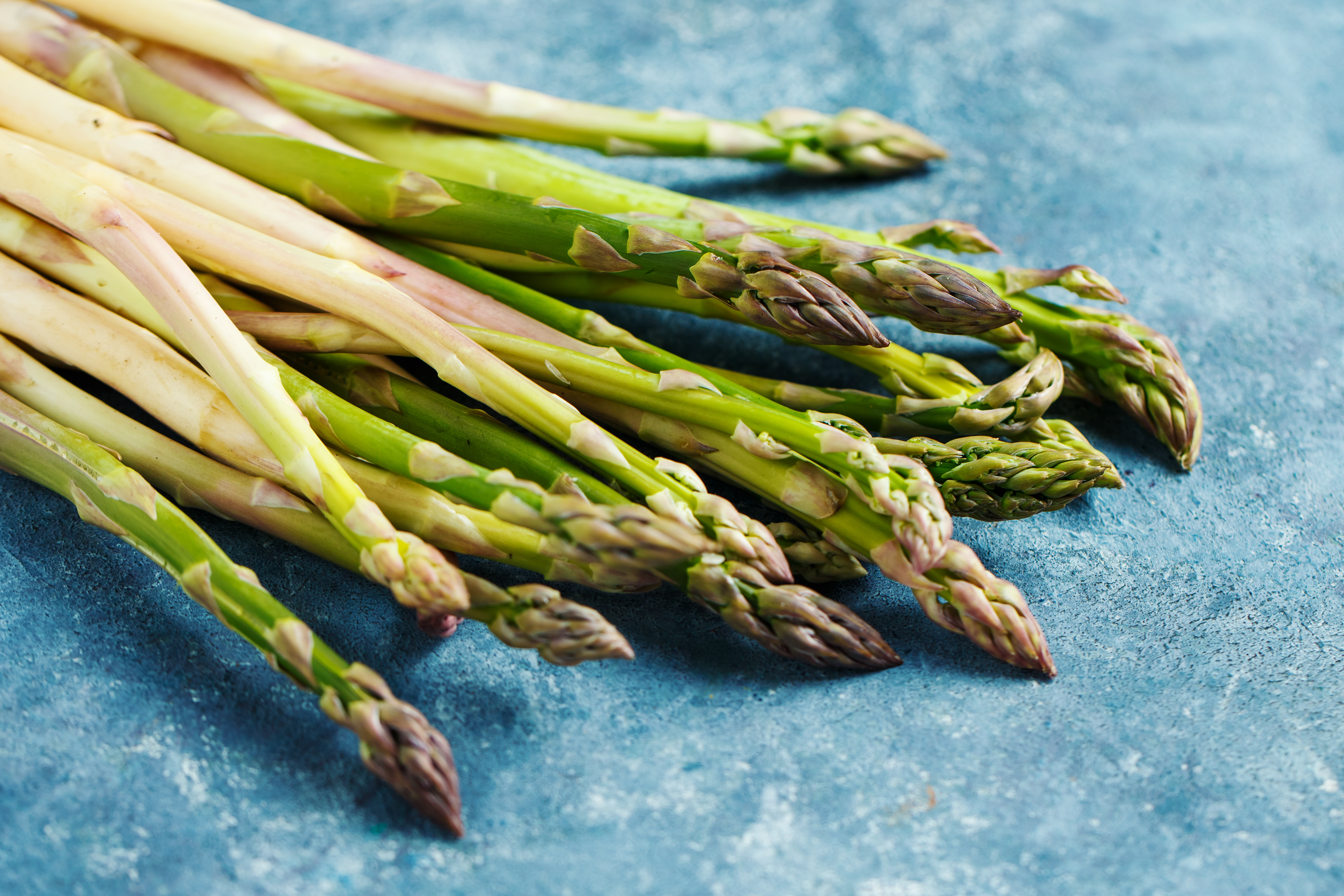
Asparagus is a nutrient-dense vegetable that offers surprising prebiotic benefits. It contains inulin, which supports the growth of beneficial gut bacteria. Asparagus is also rich in vitamins A, C, E, and K, as well as folate, making it a powerhouse of nutrition. Its diuretic properties can help flush out excess salt and fluid from the body, promoting kidney health. Asparagus can be enjoyed in a variety of ways, from grilling to roasting, making it a versatile addition to any meal. By including asparagus in your diet, you can support your gut health while reaping its numerous nutritional benefits.
6. The Fiber-Rich Artichoke
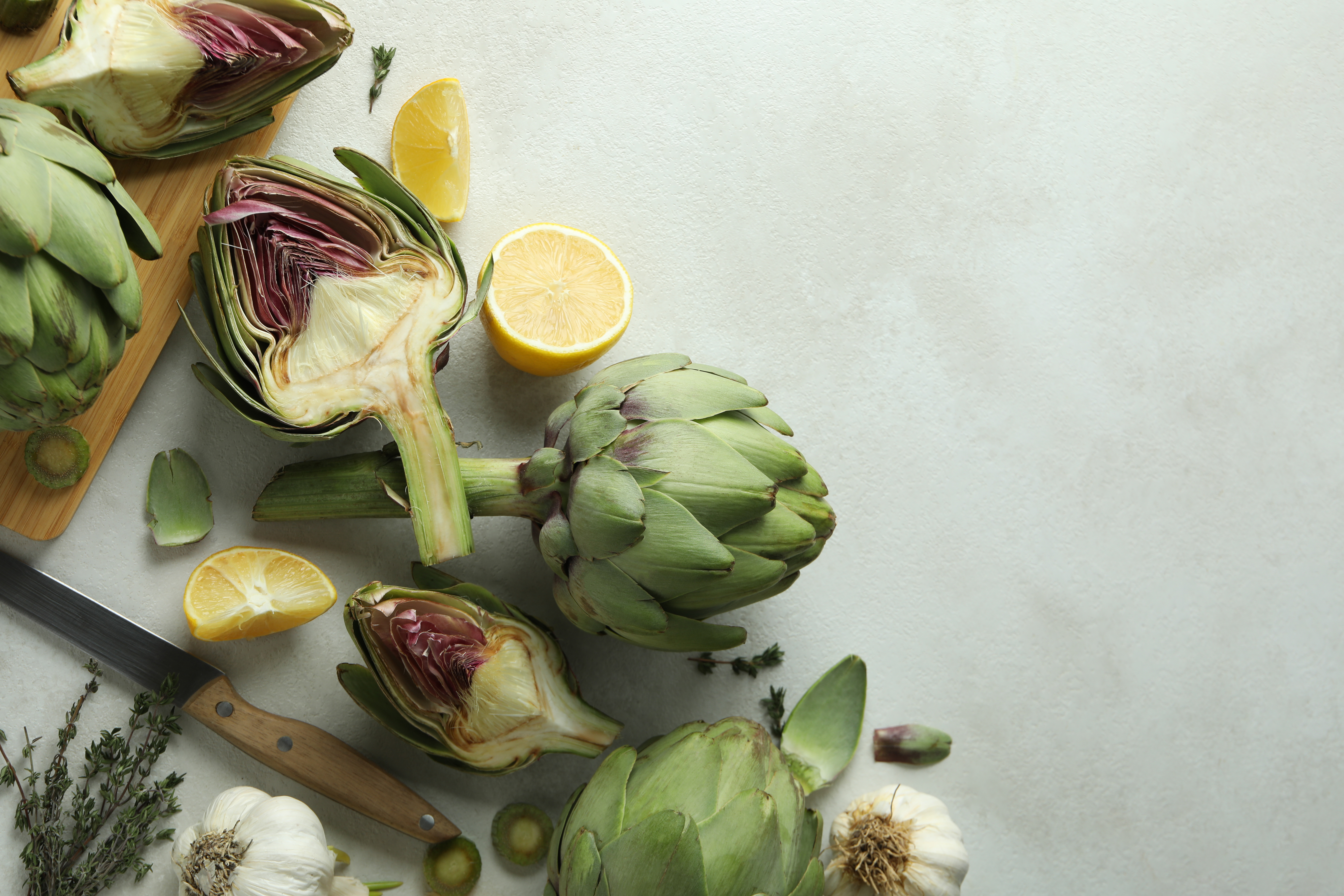
Artichokes are a delicious and nutritious vegetable with significant prebiotic potential. They are high in inulin, which nourishes beneficial gut bacteria and supports digestive health. Artichokes are also rich in antioxidants, which can protect against oxidative stress and inflammation. Their unique flavor and texture make them a delightful addition to salads, pastas, and dips. Artichokes can be steamed, grilled, or roasted, offering a variety of culinary possibilities. By incorporating artichokes into your diet, you can enhance your gut health while enjoying their distinct taste and nutritional benefits.
7. The Nutty Flavor of Almonds
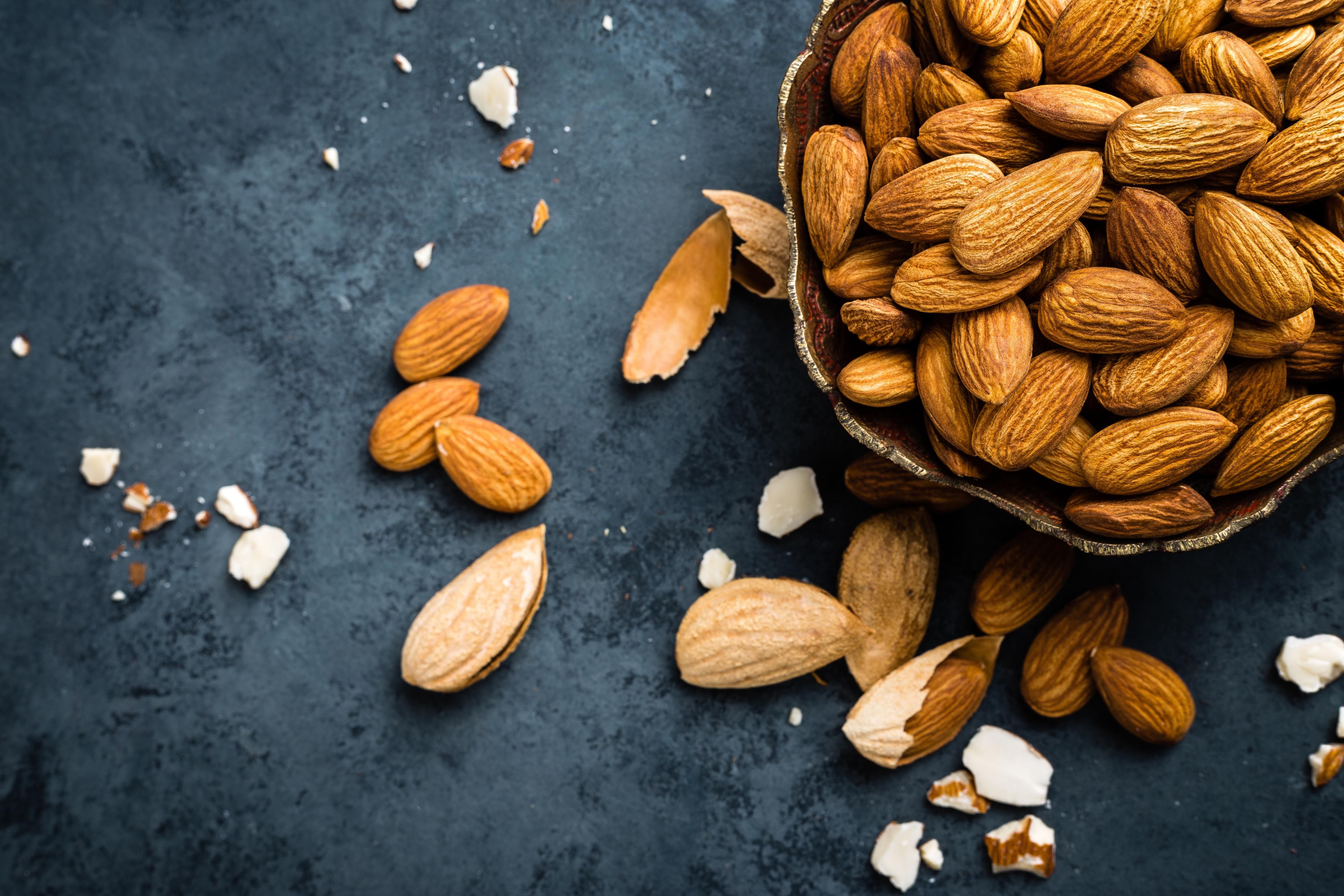
Almonds are a popular snack known for their healthy fats and protein content, but they also offer prebiotic benefits. They contain a type of fiber that promotes the growth of beneficial gut bacteria, supporting digestive health. Almonds are also rich in vitamin E, an antioxidant that protects cells from damage. Their crunchy texture and nutty flavor make them a satisfying snack, whether eaten on their own or added to salads, yogurts, or baked goods. By including almonds in your diet, you can support your gut health while enjoying their delicious taste and nutritional benefits.
8. The Surprising Benefits of Barley
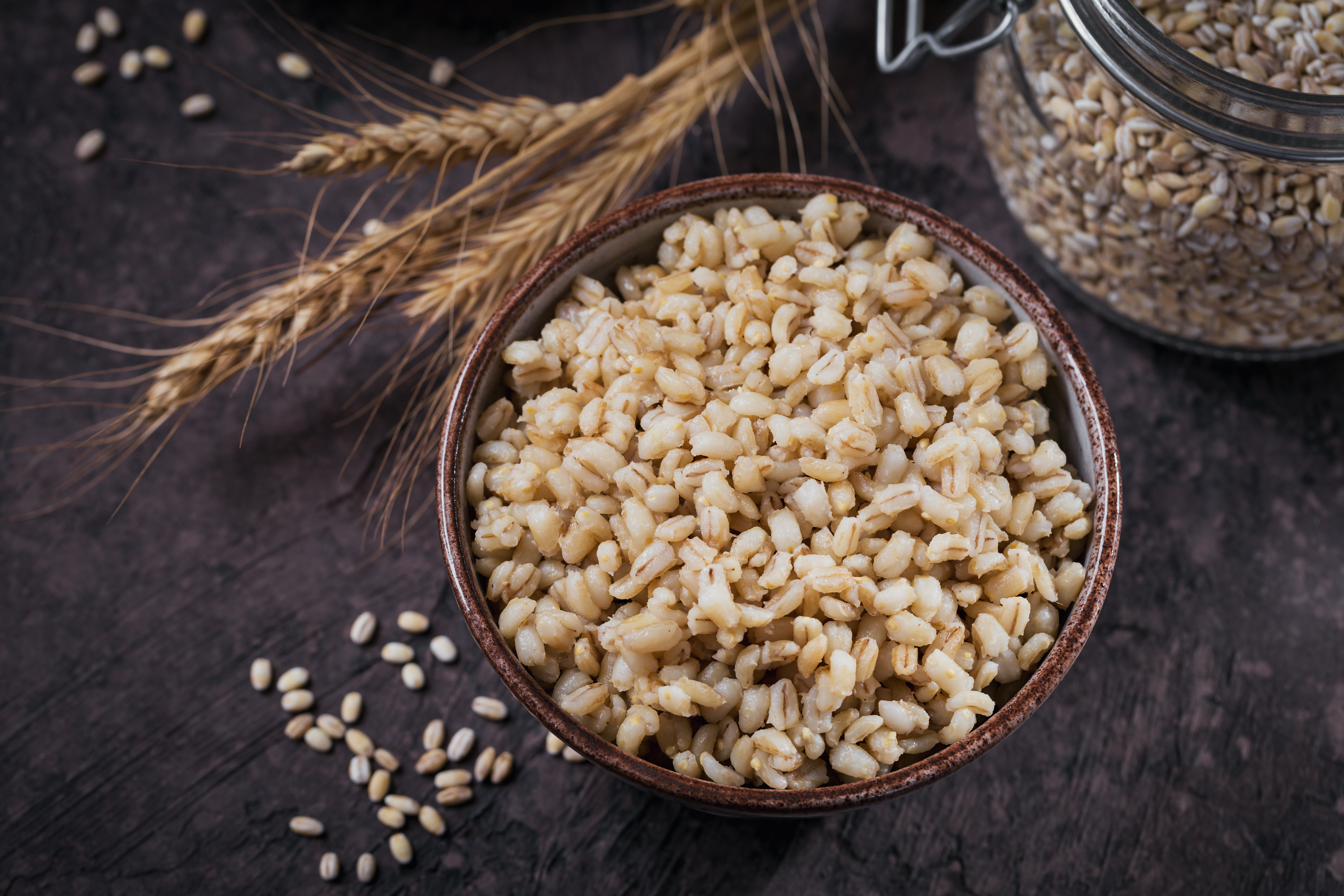
Barley is a whole grain that offers significant prebiotic benefits. It contains beta-glucan, a type of soluble fiber that promotes the growth of beneficial gut bacteria. Barley is also rich in vitamins, minerals, and antioxidants, making it a nutritious addition to any diet. Its chewy texture and nutty flavor make it a versatile grain that can be used in soups, salads, and side dishes. By incorporating barley into your diet, you can support your gut health while enjoying its hearty taste and nutritional benefits.
9. The Hidden Power of Apples

Apples are a beloved fruit known for their crisp texture and sweet flavor, but they also offer prebiotic benefits. They contain pectin, a type of soluble fiber that promotes the growth of beneficial gut bacteria. Apples are also rich in antioxidants, such as quercetin, which have anti-inflammatory properties and can protect against chronic diseases. Their versatility in cooking makes them an easy addition to any diet, whether eaten raw, baked, or cooked into sauces and desserts. By including apples in your meals, you can support your gut health while enjoying their delicious taste and health benefits.
10. The Versatile Benefits of Flaxseeds
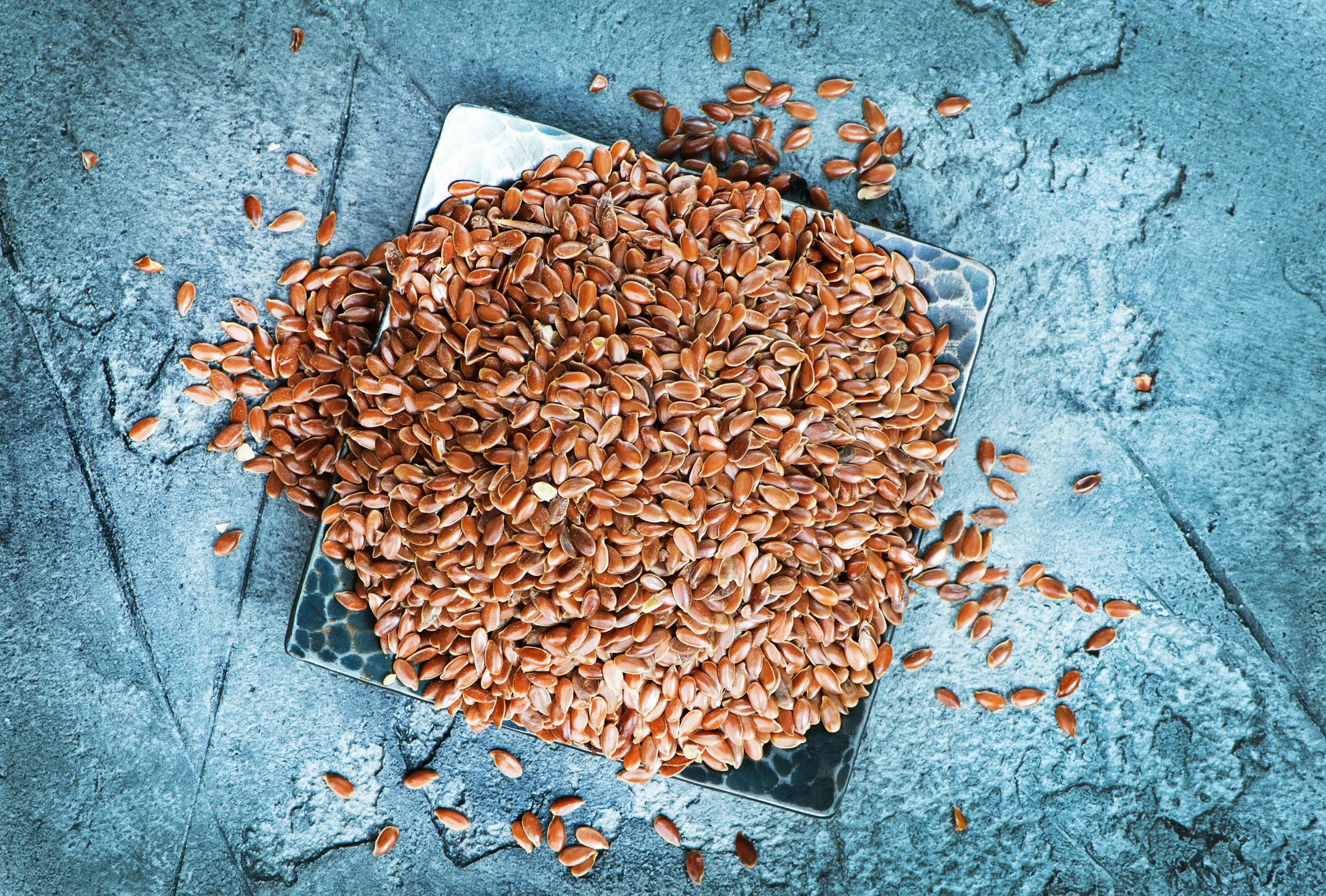
Flaxseeds are a small but mighty source of prebiotic fiber. They contain lignans and omega-3 fatty acids, which support gut health and have anti-inflammatory properties. Flaxseeds are also rich in antioxidants, which can protect against oxidative stress and chronic diseases. Their nutty flavor and crunchy texture make them a versatile addition to smoothies, yogurts, and baked goods. By incorporating flaxseeds into your diet, you can support your gut health while enjoying their nutritional benefits and unique taste.
11. The Gut-Boosting Benefits of Lentils
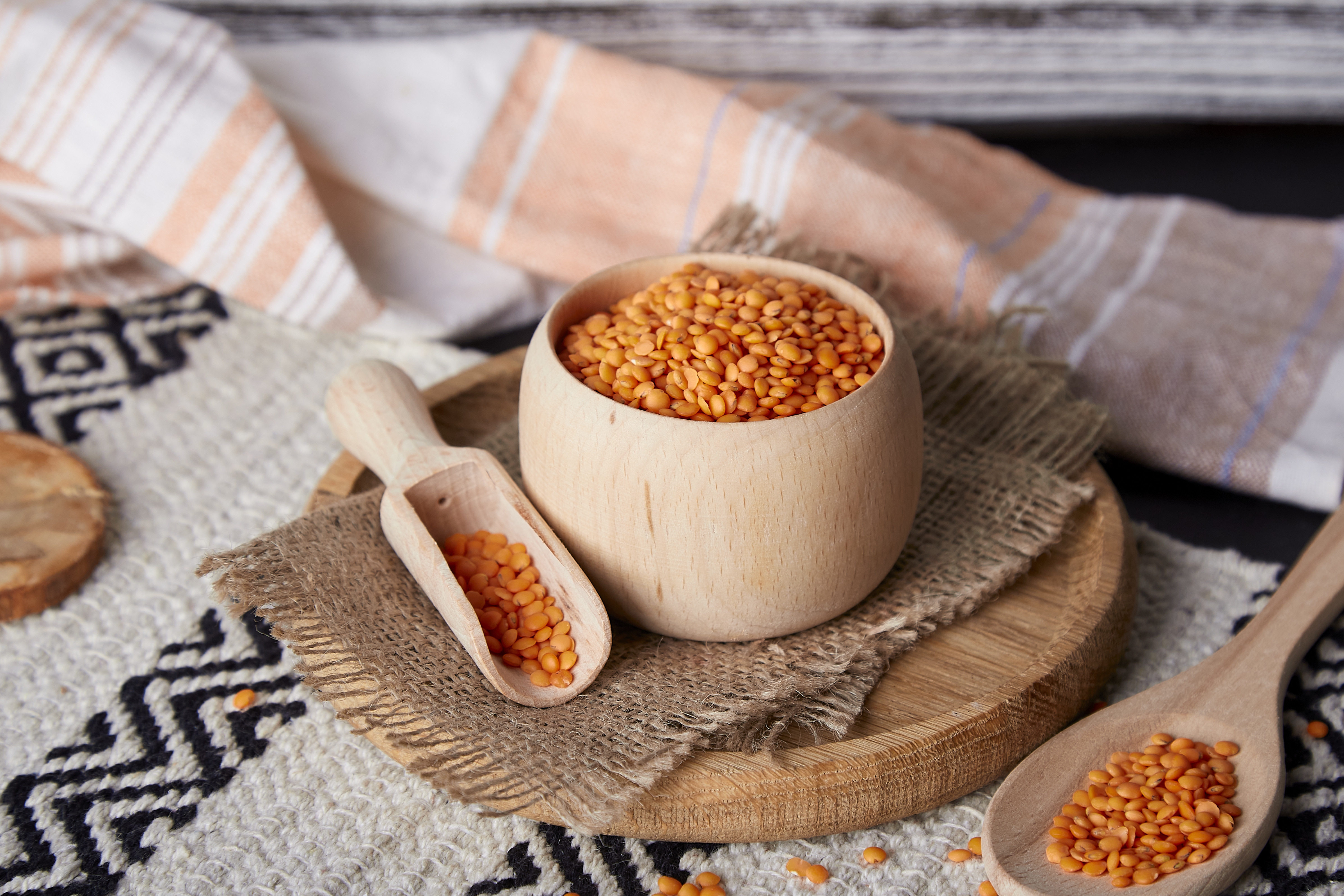
Lentils are an excellent source of fiber, protein, and essential nutrients, but they also offer impressive prebiotic benefits. They contain resistant starch and oligosaccharides, which serve as fuel for beneficial gut bacteria, promoting a balanced microbiome. Lentils also support heart health by helping to lower cholesterol levels and regulate blood sugar, making them an excellent choice for overall wellness. These versatile legumes can be incorporated into soups, salads, and stews, providing a hearty texture and mild, earthy flavor. Their high fiber content not only supports digestion but also aids in maintaining a feeling of fullness, which can contribute to healthy weight management. Adding lentils to your diet is a simple yet effective way to enhance gut health while enjoying their numerous nutritional benefits.
12. The Digestive Perks of Seaweed
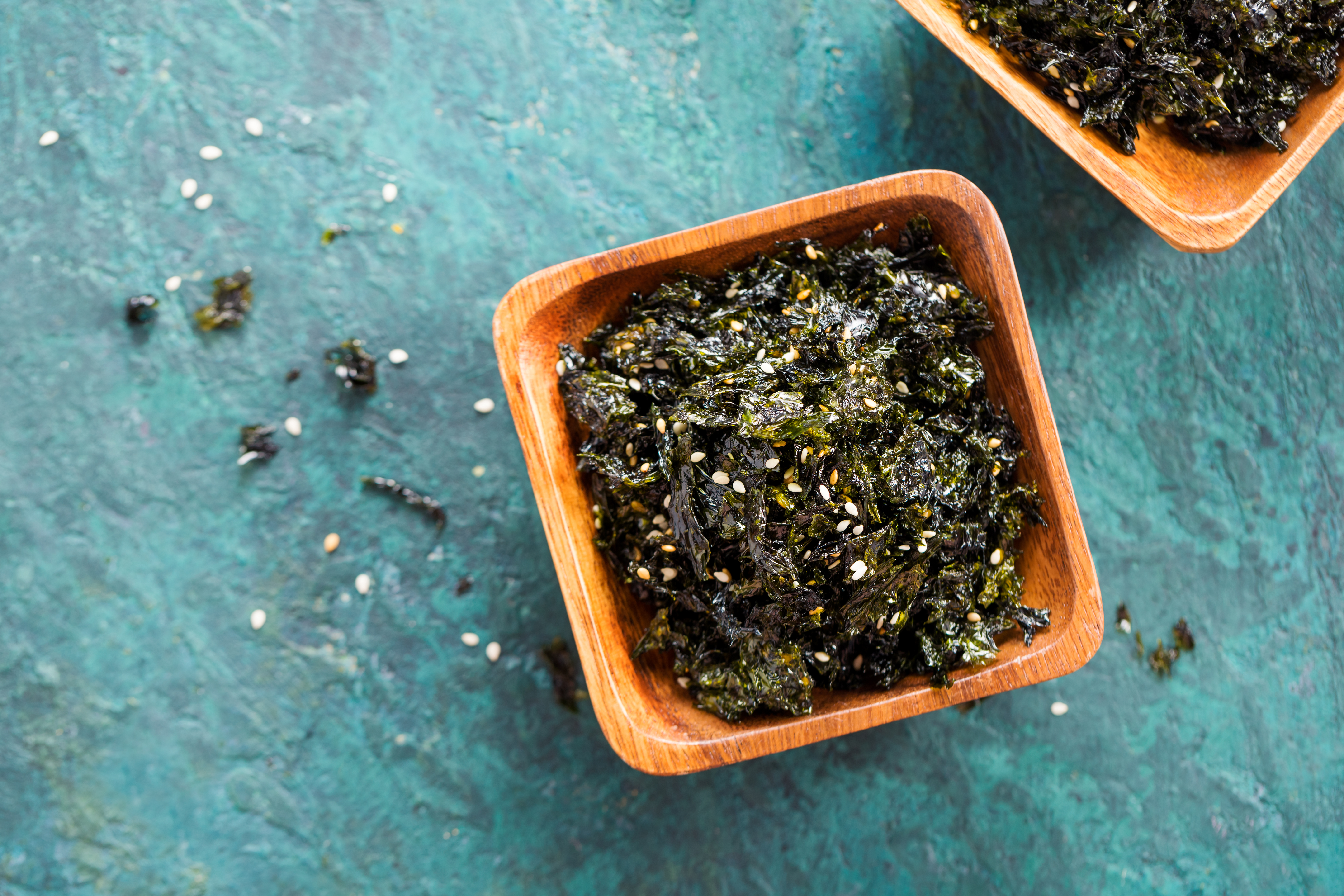
Seaweed is a nutrient-dense superfood that provides a unique type of prebiotic fiber called sulfated polysaccharides, which promotes the growth of healthy gut bacteria. Unlike many land vegetables, seaweed contains a rich variety of minerals, including iodine, magnesium, and calcium, essential for metabolic and immune function. Beyond gut health, seaweed has been linked to anti-inflammatory benefits and improved thyroid function, thanks to its natural iodine content. Its umami-rich flavor makes it a great addition to sushi, soups, and salads, or even as a crispy snack. Incorporating seaweed into your diet can support digestion, enhance nutrient absorption, and contribute to a well-balanced gut microbiome.
Nourish Your Gut, Transform Your Health

Incorporating prebiotic foods into your diet is a simple yet powerful way to enhance your gut health and overall well-being. From chicory root to flaxseeds, each of these foods offers unique benefits that can support a healthy gut microbiome. By understanding the science behind prebiotics and exploring the diverse options available, you can make informed choices that contribute to a balanced and nutritious diet. As you integrate these foods into your daily meals, you can enjoy not only their delicious flavors but also the myriad health benefits they provide. Embracing prebiotic foods is a proactive step towards a healthier, more vibrant life.